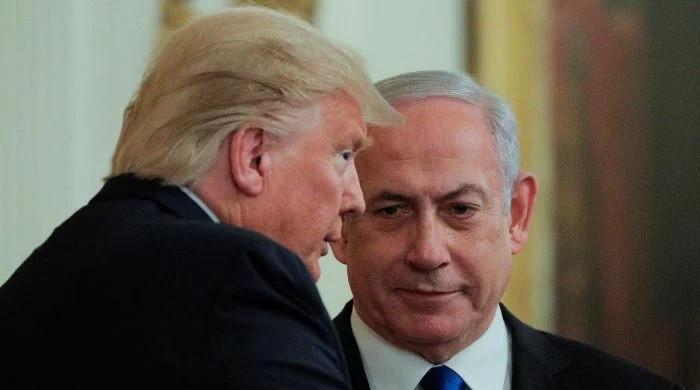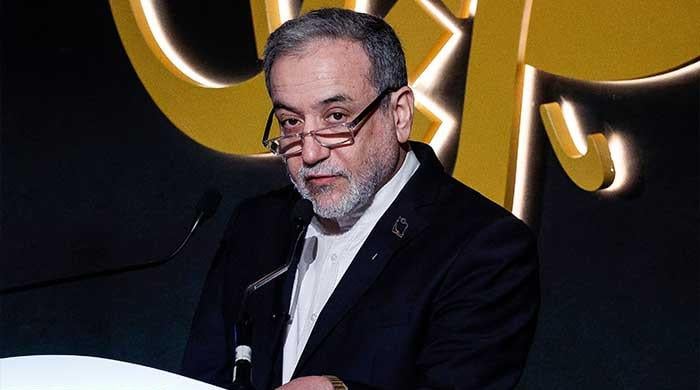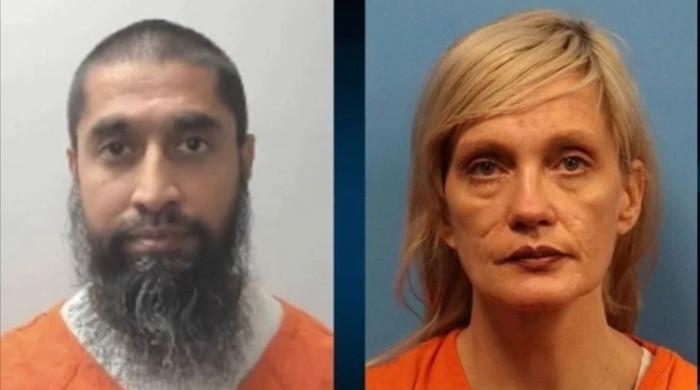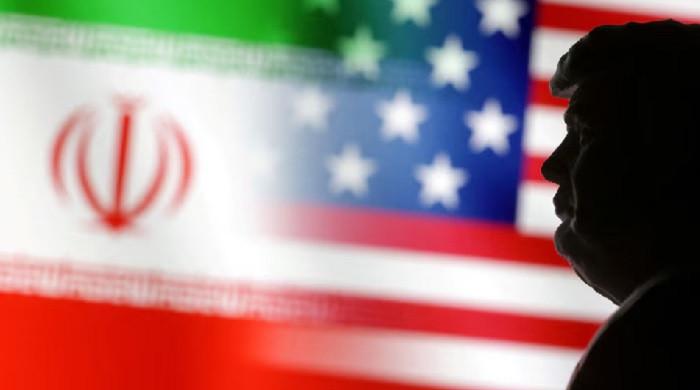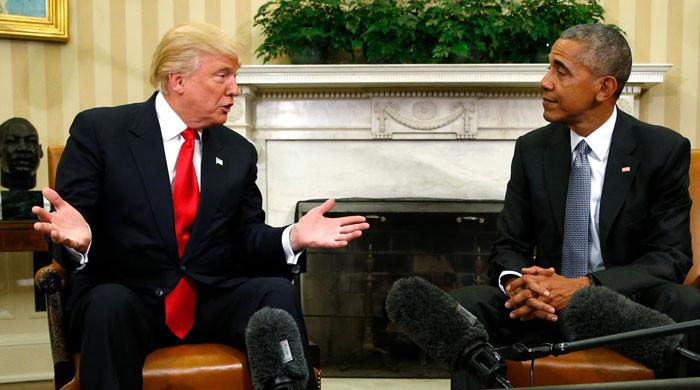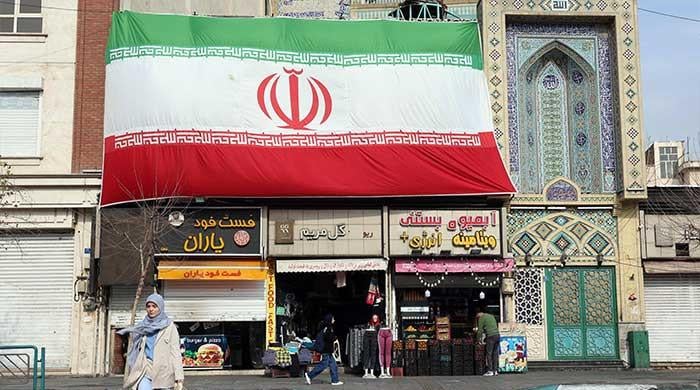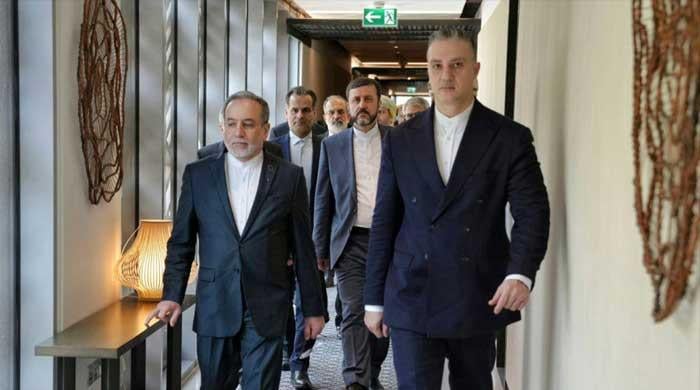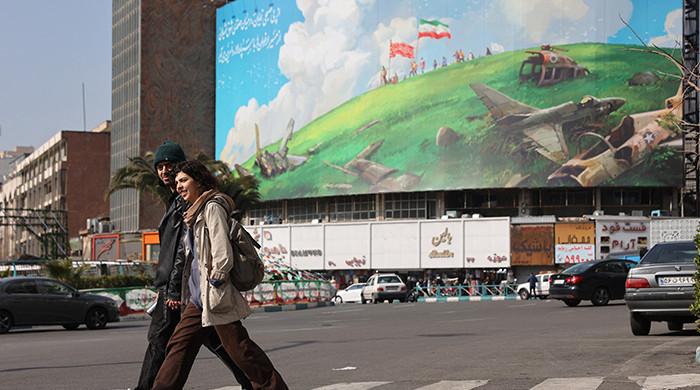States, world leaders must act to end impunity for crimes against journalists: IPI
Press Institute calls for protection of human-made journalism in age of AI
October 25, 2025
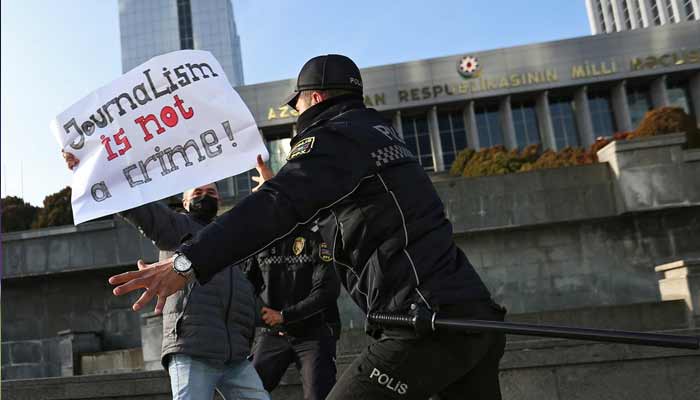
The International Press Institute (IPI) has urged states and world leaders to demonstrate political will to address the global crisis of impunity for crimes against journalists, warning that the lack of accountability has emboldened attacks on the press worldwide.
According to a press release, the IPI members unanimously adopted the resolution on October 15, 2025, during its 74th annual General Assembly, later presenting it at the IPI World Congress held on October 25 in Vienna, Austria.
"Around the world, journalists are threatened, attacked, and killed — and in nearly all cases, these crimes go unpunished. This impunity prevails despite international commitments by states to ensure accountability for attacks on the press," the press release stated.
The resolution noted that the situation is most evident in Gaza, where at least 235 journalists have been killed by Israeli forces since the start of the war two years ago — without a single credible or independent investigation.
It added that beyond Gaza, journalists in Haiti, Sudan, Somalia, and Mexico face killings, intimidation, and kidnappings with near-total impunity, representing a “global breakdown” of laws and norms protecting press freedom.
"These cases highlight the global nature of the crisis of impunity and accountability in which blatant violations of laws and norms by the powerful have become routine, and perpetrators face little or no risk of justice," it added.
The IPI stressed that the entrenched impunity for crimes against journalists is eroding the rule of law, empowering authoritarianism, and weakening democratic freedoms, calling on states to uphold their legal obligation to investigate and prosecute such violations.
'Human-made journalism must be prioritised'
The institute also adopted another resolution, reaffirming the value of human-made journalism as a cornerstone of democratic societies and a guarantor of truth in the public interest in the age of artificial intelligence (AI).
It urged policymakers, technology companies, and global stakeholders to safeguard the future of human-made journalism amid the rapid rise of AI, emphasising that responsible innovation must not replace the essential human role in news production.
The IPI warned that AI-driven algorithms, controlled by a few technology companies, increasingly dictate what people read and share, prioritising divisive content over material of genuine public value.
It also voiced concern over the misuse of AI to spread disinformation, create deepfakes, and harass journalists — trends that, it said, “undermine public trust and corrode democratic debate.”
Reaffirming its commitment to human-centred reporting, the IPI said such journalism remains indispensable in an era where “fact and fabrication are increasingly difficult to distinguish.”
'Independent media cornerstone of free societies'
The global network of media professionals also called on states and world leaders to reaffirm their commitment to independent media as a cornerstone of free societies and a safeguard against authoritarianism.
In a resolution adopted by its General Assembly, the IPI underscored that the media — alongside the judiciary, academia, and civil society — plays a vital role in holding power to account and protecting public rights and freedoms.
The institute warned that journalists and media outlets worldwide face escalating threats, including legal harassment, censorship, surveillance, and smear campaigns aimed at discrediting professional journalism.
The IPI urged political leaders to defend independent journalism and uphold the right of journalists to report freely on matters of public interest, describing it as “a bedrock of free society and a free world.”




